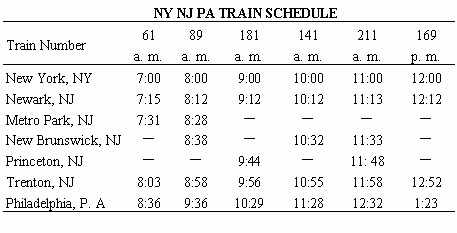I am a professor of sports and
exercise so I often deal with nervousness in my research with sports people.
Actually, most people experience nervousness at some time or another.
If you are feeling anxious, my
advice is to first find the cause or causes. Make s list of those things that
are making you nervous and work out which ones you can do something about.
Focus all of your efforts on managing the causes that you can control.
Most people cannot tell the
difference between controllable(可控制的) and uncontrollable causes, so things they can’s control become a big reason for nervousness. Dealing with
this is very important if people want to keep a healthy mind.
Simply try to accept the
uncontrollable causes of nervousness. You might be worried about the weather on
a big day, an accident or an attack on the train, or perhaps just things that
other people are doing at work. The results may be very important but there is
still no use worrying because you can’t control any of these things.
Accept that you can’t control everything. Once you
understand this, it becomes easier not to worry.
If a situation, such as swimming,
is causing you to be anxious, try to face it as often as possible so that you
can get used to it.
It can often help to think about
yourself doing the thing that makes you nervous—then
close your eyes and imagine it going well. Imagine how the flight or job
interview is going to happen so that you can get used to it. This will help you
understand that the thing you fear most is probably not going to happen.
1.Who wrote this passage?
A. A reporter.
B. A sportsman. C. A
patient. D. A professor.
2.The writer thinks there is no use worrying
about some causes of nervousness because____.
A. most are not very important
B. they are not the real causes
of the problem
C. they cannot be controlled by
people
D. it’s
better to deal with one cause at a time
3. If swimming makes you nervous, what should
you do according to the writer?
A. Go swimming often to get used
to it.
B. Avoid going to the swimming
pool.
C. Find a swimming teacher.
D. Imagine watching others swim.
4.What is true about nervousness according to
the passage?
A. It usually has only one cause.
B. It is usually caused by
people.
C. People can easily manage it.
D. Most people suffer from it.
5. What is the main purpose of this passage?
A. To introduce the writer’s sports experience.
B. To advise on how to deal with
nervousness.
C. To help people remember their
fears.
D. To explain the dangers of
nervousness.


